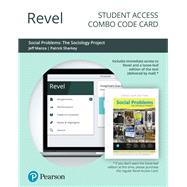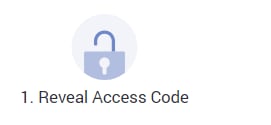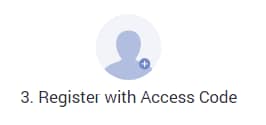For courses in Social Problems
An inquiry-based approach to Social Problems that sparks the sociological imagination
Organized around the big questions surrounding contemporary social problems, Revel™ Social Problems: The Sociology Project shows students how to analyze the world’s most pressing social problems, inspiring them to consider the causes and consequences of these problems and to search for possible solutions. Each chapter is authored by one or more faculty members from the NYU Sociology Department who write and teach in a specific subfield. This collaboration offers a unique approach that draws on the contemporary research and collective wisdom of a large, successful sociology department to reveal how individuals’ lives and social problems are shaped by the diverse contexts in which we live and act. Rather than simply giving answers, the authors identify the kinds of questions that sociological researchers ask and introduce students to ways of thinking about how to answer those questions. This inspires the sociological imagination and instills in each reader a determination to question the world around us.
Revel is Pearson’s newest way of delivering our respected content. Fully digital and highly engaging, Revel replaces the textbook and gives students everything they need for the course. Informed by extensive research on how people read, think, and learn, Revel is an interactive learning environment that enables students to read, practice, and study in one continuous experience — for less than the cost of a traditional textbook.
NOTE: This Revel Combo Access pack includes a Revel access code plus a loose-leaf print reference (delivered by mail) to complement your Revel experience. In addition to this access code, you will need a course invite link, provided by your instructor, to register for and use Revel.
An inquiry-based approach to Social Problems that sparks the sociological imagination
Organized around the big questions surrounding contemporary social problems, Revel™ Social Problems: The Sociology Project shows students how to analyze the world’s most pressing social problems, inspiring them to consider the causes and consequences of these problems and to search for possible solutions. Each chapter is authored by one or more faculty members from the NYU Sociology Department who write and teach in a specific subfield. This collaboration offers a unique approach that draws on the contemporary research and collective wisdom of a large, successful sociology department to reveal how individuals’ lives and social problems are shaped by the diverse contexts in which we live and act. Rather than simply giving answers, the authors identify the kinds of questions that sociological researchers ask and introduce students to ways of thinking about how to answer those questions. This inspires the sociological imagination and instills in each reader a determination to question the world around us.
Revel is Pearson’s newest way of delivering our respected content. Fully digital and highly engaging, Revel replaces the textbook and gives students everything they need for the course. Informed by extensive research on how people read, think, and learn, Revel is an interactive learning environment that enables students to read, practice, and study in one continuous experience — for less than the cost of a traditional textbook.
NOTE: This Revel Combo Access pack includes a Revel access code plus a loose-leaf print reference (delivered by mail) to complement your Revel experience. In addition to this access code, you will need a course invite link, provided by your instructor, to register for and use Revel.











